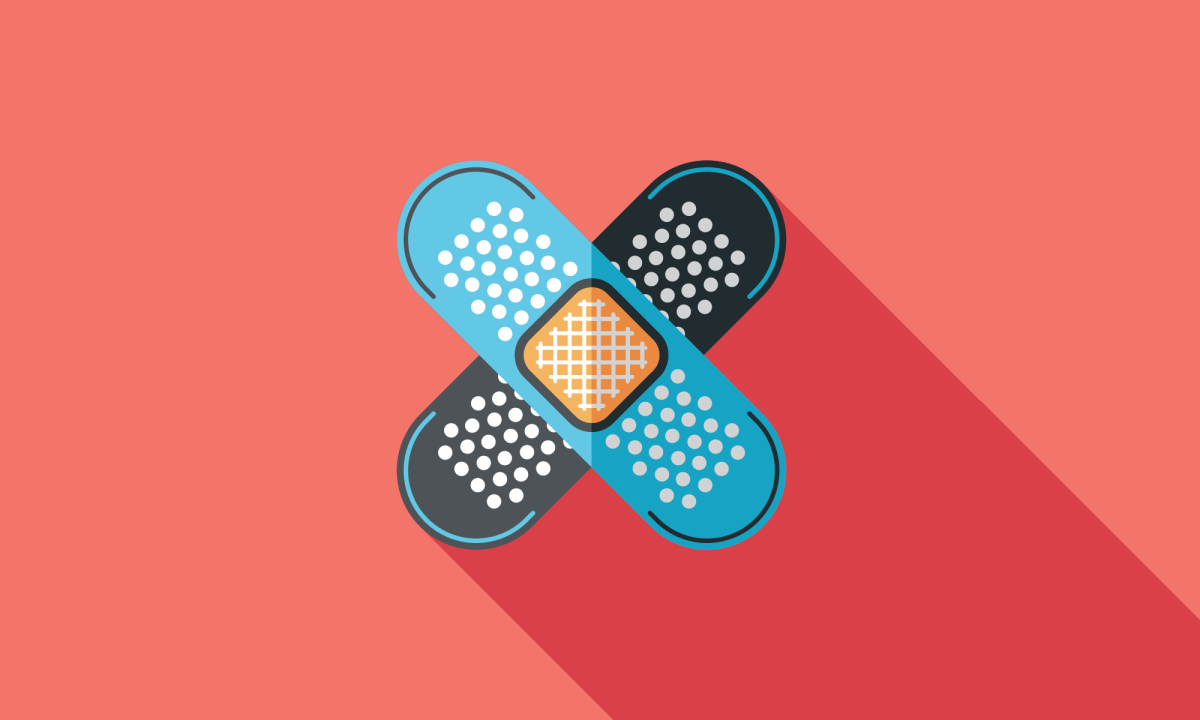Emotional Hygiene: Why It’s as Important as Physical First Aid
When we get a cut, our instincts would tell us that we have to reach out for a Band-Aid and stop the bleeding so it does not get infected. We have all been taught that it is important to brush our teeth at least twice a day to maintain proper dental hygiene. We have known these things since we’re five and that it has become natural to our system, but what about our minds? What first-aid measures do we observe when we experience psychological injuries? Why do we spend so much time and attention looking after our physical well-being than our mental health?

If truth be told, we encounter psychological afflictions more often than we do physical ones, painful wounds such as depression, loneliness, rejection and failure. They are common to any normal person’s life and just like physical injuries, they can get worse if we do not put a “Band-Aid” the moment we catch them. Although tons of scientifically proven psychological techniques are available, we don’t really take advantage of them because people have automated reactions when dealing with depression. Imagine saying, “Oh, you feel depressed? Just brush it off. It’s all in your mind.” It’s like saying those words to someone with broken ankles, “Oh you have broken ankles? Just walk it off, it’s all in your ankles.”
Beating the blues is more than that, depression for example, can happen to anyone. According to National Mental Health Survey, an estimated 5.6% of Singapore’s population has been affected by this mental problem in their lifetime. So why is it important to treat these psychological wounds before they infect us?
Psychological Wounds Dig Deeper
Loneliness, for instance, can cultivate deep psychological damage as it clouds and distorts a person’s way of thinking. It gives an impression that nobody cares and in turn, makes the person isolated by making him afraid to reach out to people around him. The perception starts with a question, “Why set yourself up for another rejection when you are already paining more than what you can bear?” Loneliness isn’t just there to make you feel brutally miserable but it can kill you, literally. According to studies on loneliness, experiencing it chronically can increase your chances of early death by 14 percent as it results to high blood pressure, cholesterol, functional suppression of your bodily systems and vulnerability to other diseases.

Your Reactions Say More than What You Think
When you are confronted with any setback, are you mindful of how you react? You have to. If your mind tells you that you are incapable and that you cannot make it up again, and you believe it yourself, then you are bound to be miserable. No wonder why people perform below their actual potential because they have been convinced by their minds that it is all they are good at and once you believe your own thoughts, it becomes very difficult to change. Our minds can play tricks on us, sometimes they are not so trust worthy friends. More so, they seem supportive one time and really unpleasant the next. So it is very crucial that you take control in avoiding feelings of helplessness and belittling yourself. You have to tweak your perception whenever faced with rejection, for example, to improve your reaction and mental health.
Poor Emotional Hygiene Can Lead to Piled Up Baggage
Psychological discomforts when not refrained immediately may occur to the person’s mind from time to time. It is like storing it in a secret closet on his mind and a new one comes along until becomes full and difficult to arrange, just like a real cluttered closet. It piles up. It becomes too much to handle and more negative. Studies show that diversion of one’s attention from a negative feeling or thought for even two minutes can dramatically change the person’s mood. From there, the negativities are ignored and released to welcome and replace them with positive vibes through distraction.
Zero Tolerance for Self-Criticism Can Go a Long Way
Yes! It is difficult and tempting to refrain from pointing a finger at ourselves when something goes wrong with school, work or relationships but it is a mistake that should be corrected. Self-criticisms are punitive and brutal in nature that it only brings nothing but damage to our good emotional state. Instead of clinging to the exhaustive course of self-blaming, you should get a good pair of eye-glasses and avoid being subjective to understand what actually happened and the other contributing factors which led to such loss. Take a good look at what you have to offer as opposed to your shortcomings.


Hi, Stranger! Leave Your Comment...